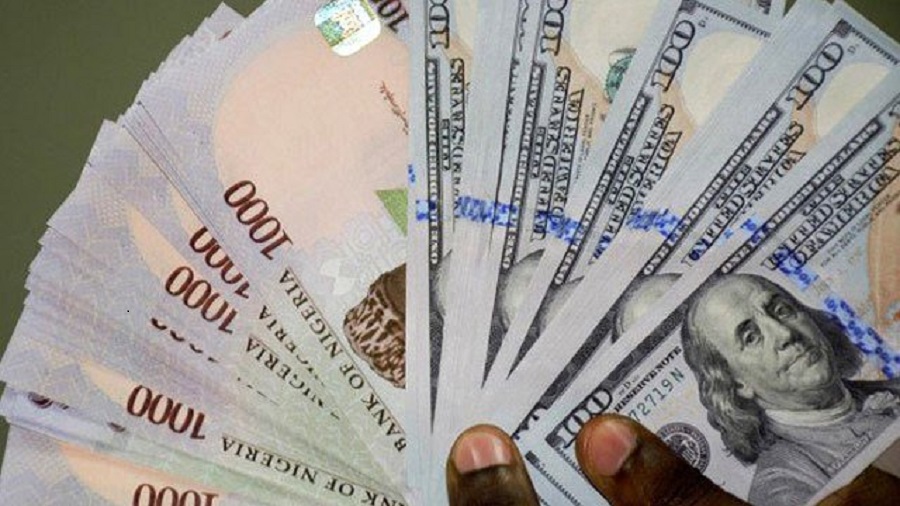Nigeria’s manufacturing sector is experiencing a cautious but steady revival as renewed investor confidence begins to fuel a wave of fresh capital investments, reversing years of plant shutdowns and stalled projects. This turnaround follows a period of economic turbulence marked by foreign exchange volatility, high borrowing costs, and policy uncertainty.
Recent data from the Manufacturers Association of Nigeria (MAN) shows that investment in the sector, which had dropped by 35.3 percent year-on-year to ₦658.8 billion in 2024, rebounded with a 19.4 percent increase in the second half of that year. The sector’s nominal output surged by 34.9 percent to ₦33.43 trillion, although much of that was attributed to inflation. Importantly, the Manufacturers’ Chief Executive Officers’ Confidence Index rose from 50.2 to 50.7 in Q4 2024, indicating a modest improvement in business sentiment, production activity, and employment outlook.
This resurgence is partly driven by recent macroeconomic reforms implemented by the Central Bank of Nigeria (CBN), which reported a balance-of-payments surplus of $6.83 billion at the end of 2024, the first in several years. Key policy shifts, including the adoption of a more market-driven foreign exchange regime and regulatory impact assessments, have contributed to a more stable investment climate.
Industry players have also responded by revisiting capital expansion plans, tapping into local raw materials, and adjusting to energy constraints. While foreign direct investment remains cautious, several multinational firms that previously exited are reportedly reconsidering the Nigerian market, while local manufacturers are expanding operations in segments such as automotive, chemicals, and electronics.
However, challenges persist. Interest rates remain high at around 35 percent, and energy costs continue to burden production. Manufacturers are urging the government to sustain reforms, stabilise exchange rates, and ensure consistent regulatory policies to further encourage investment.
Stakeholders have described the recent upturn as a positive signal that Nigeria’s industrial base is regaining its footing. They warn, however, that without consistent macroeconomic stability and supportive infrastructure, the momentum could falter. For now, the sector appears to be on the path to recovery, buoyed by improving confidence, clearer policies, and a renewed focus on domestic production.

